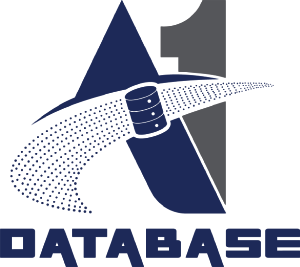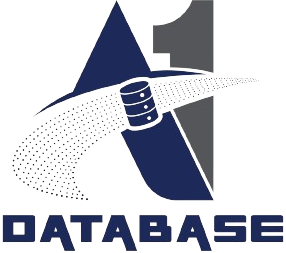- December 6, 2024
- by Admin
- Web Scraping
Web scraping offers a range of benefits; however, businesses must navigate this practice with prudence and honesty. It is vital to consider various ethical and legal implications.
- Compliance with Terms of Service: Numerous websites have established terms of service that explicitly forbid scraping activities. It is essential for businesses to thoroughly examine these terms prior to engaging in data extraction. Breaching a website’s terms may lead to legal repercussions or a prohibition from accessing the site.
- Adherence to Copyright Laws: Engaging in the scraping of copyrighted or proprietary information can result in legal conflicts. Businesses are advised to limit their data collection to information that is publicly available, ensuring that they do not violate intellectual property rights.
- Observance of Data Privacy Legislation: Data privacy regulations, such as the General Data Protection Regulation (GDPR) in the European Union, dictate the manner in which businesses may gather and utilize personal data. Although UPC codes do not contain personal information, it is crucial for businesses to recognize the wider implications of data scraping and to adhere to applicable regulations.
- Ethical Use of Data: Even when data is obtained in a lawful manner, businesses must reflect on their usage of such data. Ethical data use entails refraining from practices that could negatively impact consumers or competitors, including price manipulation or anti-competitive actions.


